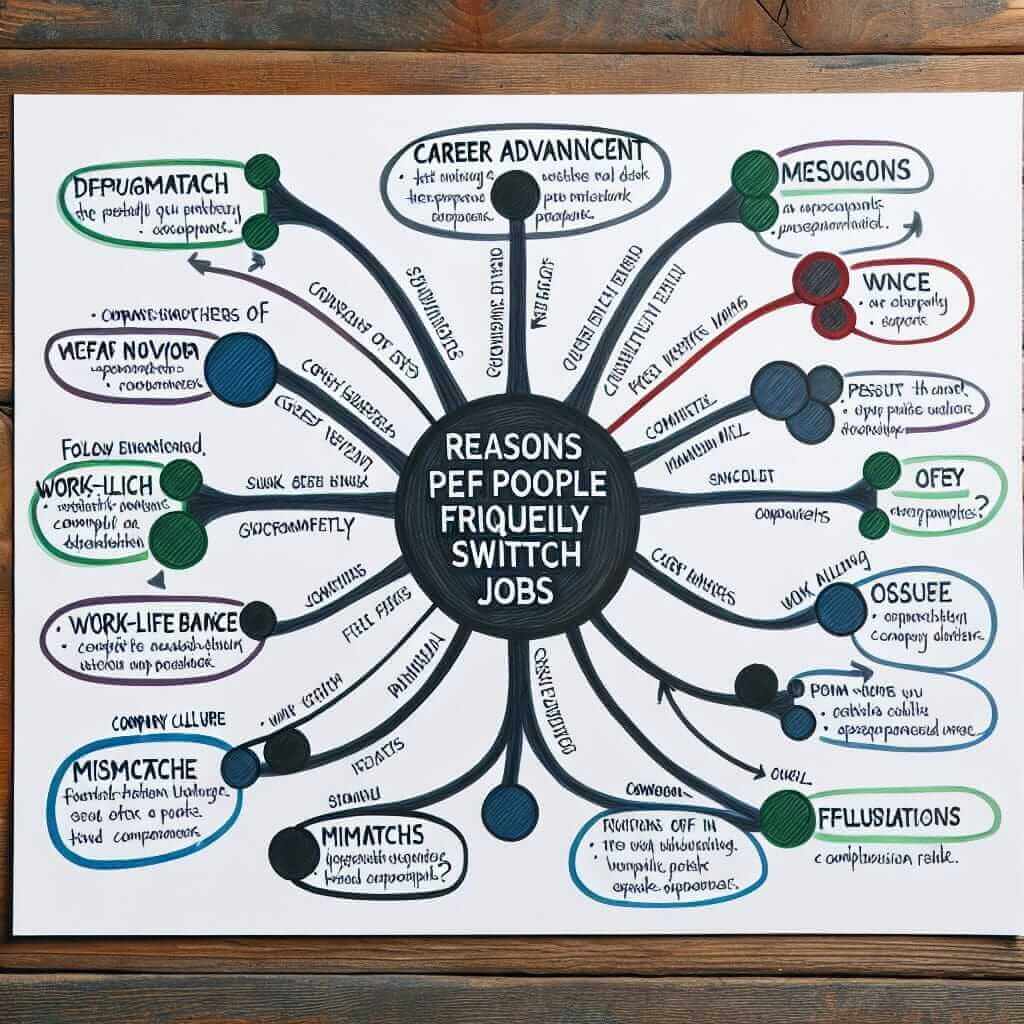As an IELTS instructor with over 20 years of experience, I often encounter students who find the speaking section particularly daunting, especially when faced with unfamiliar or complex topics. One such topic that can throw off even the most well-prepared candidate is the discussion around frequent job changes.
This article will delve into the IELTS speaking topic “Why do some people like to change jobs often?”, equipping you with the necessary vocabulary and insights to confidently tackle this subject.
Understanding the Question
Before we dive into the reasons, it’s crucial to understand what the examiner is looking for when posing this question. It’s not simply about listing reasons why people switch jobs. The examiner wants to assess:
- Your ability to articulate complex ideas: Can you discuss different perspectives and nuances related to career choices?
- Vocabulary range: Do you possess a wide range of vocabulary related to work, career progression, and personal development?
- Fluency and coherence: Can you present your ideas in a logical and structured manner, using appropriate linking words and discourse markers?
Reasons for Frequent Job Changes
Let’s explore some common reasons why individuals choose to change jobs frequently:
Seeking Career Advancement
- Lack of growth opportunities: Some people feel stagnant in their current roles and seek new challenges and responsibilities to further their careers.
- Higher salary and benefits: A new job often comes with a more attractive compensation package, including better pay, bonuses, and perks.
Pursuing Passion and Purpose
- Exploring different fields: Some individuals have diverse interests and seek to gain experience in various industries to find their true calling.
- Aligning with personal values: Job satisfaction is closely linked to personal values. Individuals might change jobs to find a role that better aligns with their beliefs or allows them to make a meaningful contribution.
Adapting to a Changing Job Market
- Rise of the gig economy: The modern workforce is increasingly characterized by freelance work, short-term contracts, and project-based employment, leading individuals to move between jobs more frequently.
- Technological advancements: Rapid technological changes often create new job roles and make existing ones obsolete, requiring individuals to adapt and acquire new skills.

Illustrative Examples from IELTS Speaking
To illustrate how these reasons might surface in the IELTS speaking exam, consider these potential questions and responses:
Examiner: Why do you think some people change jobs more often than others?
Candidate: Well, in today’s competitive job market, many individuals prioritize career advancement. They might switch jobs to access better opportunities for professional growth or to earn a higher salary. For instance, someone working in the tech industry might change jobs every few years to stay ahead of the curve and gain experience with the latest technologies.
Tips for Success
- Use a variety of linking words and phrases: Instead of simply listing reasons, connect your ideas smoothly using words like “furthermore,” “moreover,” “on the other hand,” and “in addition to.”
- Provide specific examples: Instead of making general statements, illustrate your points with concrete examples.
- Practice speaking about this topic: Prepare for the unexpected by brainstorming different aspects of job satisfaction, career goals, and the impact of a changing job market.
Conclusion
The topic of frequent job changes can be complex and multifaceted. However, by understanding the underlying reasons and employing a range of vocabulary and expressions, you can demonstrate your fluency and ability to engage in a nuanced discussion, ultimately boosting your IELTS speaking score. Remember to practice regularly, speak confidently, and showcase your ability to think critically about this relevant topic.